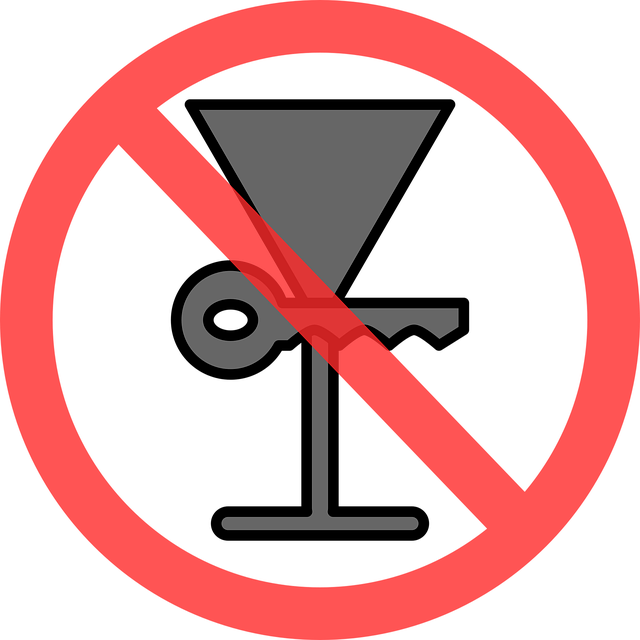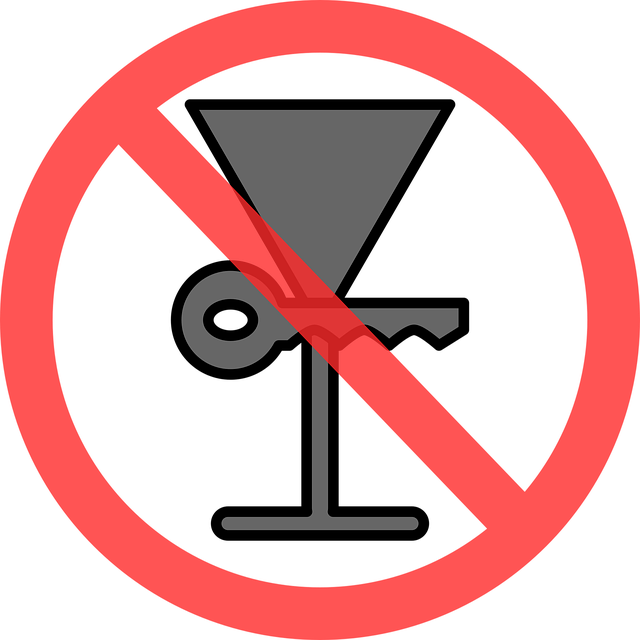Commercial drivers on college campuses face stringent DUI laws. College Campus DUI Prevention programs focus on education, awareness, and safe driving practices to empower CDL holders. Tailored training prevents accidents and mitigates penalties. Commercial drivers arrested for DUI have unique challenges, requiring legal understanding and protection from excessive repercussions. Evidence collection and field sobriety tests are crucial for defense. Peer pressure and lack of awareness contribute to campus DUI risks. Strategic defenses exist for commercial drivers based on regulated environments and safe driving records. Colleges implement College Campus DUI Prevention programs with workshops, campaigns, policies, and sobriety checkpoints to reduce incidents and enhance safety.
In the realm of Commercial Driver DUI Defense, understanding distinct legalities is paramount. This article navigates the intricate web of commercial driver DUI laws, highlighting rights during arrest and evidence collection processes. We explore specific challenges in college campus DUI cases, delve into effective defense strategies tailored for commercial drivers, and emphasize preventive measures such as college campus DUI prevention programs. By understanding these aspects, folks can foster a safer transportation environment.
- Understanding Commercial Driver DUI Laws
- Rights of Commercial Drivers During Arrest
- Evidence Collection and Field Sobriety Tests
- Challenges in College Campus DUI Cases
- Defense Strategies for Commercial Drivers
- Preventive Measures: College Campus DUI Prevention Programs
Understanding Commercial Driver DUI Laws

Commercial drivers, including those operating on college campus shuttle services, are subject to strict DUI laws. Unlike regular motorists, commercial driver license (CDL) holders face additional consequences due to the potential risks their vehicles pose. These laws are designed to ensure safety and maintain high standards in the transportation industry.
Understanding these regulations is crucial for anyone in the field. Commercial Campus DUI Prevention programs often emphasize education and awareness campaigns to help drivers recognize the impact of alcohol and substances on their abilities. With tailored training, CDL holders can learn about legal limits, the consequences of a DUI conviction, and safe driving practices to prevent accidents and protect themselves from severe penalties.
Rights of Commercial Drivers During Arrest

When a commercial driver is arrested for driving under the influence (DUI), they face unique challenges due to their profession. Unlike college campus DUI prevention programs, which focus on student awareness, commercial drivers must navigate legal procedures with specific rights in mind. These rights are crucial to ensuring a fair process and protecting their livelihoods.
During an arrest, commercial drivers have the right to remain silent and consult with an attorney promptly. This is essential as statements made during detention can be used in court. Unlike general DUI cases, commercial drivers may also face additional charges related to their employment, such as violation of company policies or loss of transportation licenses. Understanding these rights is vital for effective defense strategies in the context of College Campus DUI Prevention efforts, which should extend to protecting commercial drivers from legal repercussions that could impact their careers.
Evidence Collection and Field Sobriety Tests

Evidence collection and field sobriety tests play a crucial role in commercial driver DUI defense, especially within the context of college campus DUI prevention. In such settings, law enforcement officers often employ sophisticated techniques to gauge an individual’s impairment level. This includes collecting physical evidence like blood or breath samples using calibrated devices, which can be invaluable in court. Field sobriety tests, designed to assess balance, coordination, and mental acuity, are also meticulously documented. These tests, while not foolproof, can significantly influence the outcome of a case.
The challenge for commercial drivers facing DUI charges lies in understanding and challenging the validity of this evidence. Given the potential consequences, it’s imperative to ensure that all procedures were followed correctly and that the results accurately reflect the driver’s state at the time of testing. This requires a strategic approach, leveraging legal expertise and scientific data to discredit flawed evidence collection methods or misinterpreted test outcomes, ultimately aiming for the best possible outcome in college campus DUI prevention efforts.
Challenges in College Campus DUI Cases

College campus DUI cases present unique challenges for several reasons. First, college students often face increased peer pressure to drink and drive, especially during social events or holidays. This behavior is further encouraged by a perception of invincibility or a lack of consequence, which can lead to risky decisions behind the wheel.
Additionally, campuses are densely populated areas with limited parking and high foot traffic, making them challenging environments for law enforcement to conduct sobriety checkpoints. Moreover, students may not fully grasp the severe legal repercussions of a DUI offense, which can result in significant fines, license suspension, and even expulsion from school—all of which have long-lasting impacts on their future prospects. Effective College Campus DUI prevention strategies must address these factors through education, awareness campaigns, and strict enforcement policies to ensure safer driving habits among students.
Defense Strategies for Commercial Drivers

Facing a DUI charge as a commercial driver can be a daunting experience, but there are strategic defenses available tailored to their unique circumstances. One key distinction is that commercial drivers often operate within heavily regulated environments, such as college campuses, where strict safety protocols are in place. This can work in their favor during legal arguments; for instance, proving that the stop was unjustified or that breathalyzer results were compromised due to environmental factors specific to these controlled areas.
Additionally, commercial drivers may have a strong record of safe driving prior to the incident, which can be presented as mitigating evidence. Their employers often conduct thorough background checks and maintain detailed logs, allowing defense attorneys to leverage this data to demonstrate responsible behavior. Moreover, understanding local laws and regulations pertaining to DUI enforcement on college campuses is crucial in building a robust defense strategy for these specialized cases.
Preventive Measures: College Campus DUI Prevention Programs

Many colleges and universities are implementing proactive College Campus DUI Prevention programs in response to the heightened risks associated with alcohol consumption among young adults. These initiatives often involve educational workshops, peer-led awareness campaigns, and strict enforcement of existing alcohol policies. By fostering a culture of responsible drinking or non-drinking, these programs aim to reduce the likelihood of DUI incidents involving student drivers.
Additionally, some institutions are partnering with local law enforcement to conduct regular sobriety checkpoints around campus areas during high-risk periods like weekends or holiday seasons. Such measures not only deter potential drunk driving but also serve as a strong College Campus DUI Prevention tool for maintaining safety within the community.
Commercial driver DUI cases present unique challenges, especially on college campuses. Understanding the specific laws and rights that apply to these situations is crucial. By recognizing the evidence collection processes and implementing effective defense strategies, commercial drivers can protect their interests. Additionally, proactive measures like campus-based DUI prevention programs play a vital role in reducing these incidents. Embracing education, awareness, and support systems can contribute significantly to keeping college campuses safer for all.






